The most common reason that a house doesn’t sell is the price. So let’s talk about “The Price is Right.” Much like the TV show, real estate is often about competing against others who may be more informed on price. If the price of your house is too high, you could lose to someone who priced it right. It is natural when selling your property to want to get top dollar and sell quickly. Today’s buyers are more educated than ever before, with information readily available online. Much like you don’t want to under price your home, buyers also don’t want to overpay.
Here are some pricing mistakes you should steer clear of:
The emotional price point
If you have set the price of your home based on emotion you need to hear the “It’s important to be objective” speech. Buyers won’t take into consideration how much you paid, how much you have invested, or how much you need to get out of this house. A property is only worth what someone (else) is willing to pay for it, and not a penny more. So do your research to measure up what the market expects versus the price in your head, or get a third party unbiased opinion from an accredited appraiser before setting your price.
Time is on our side (it isn’t)
You only get one shot at a first impression and that also holds true in real estate. People make mistakes. If you have overpriced your home you need to admit your mistake and adjust your price to the correct market value. “Death by a thousand cuts” is a reference often made in real estate for a home that has started way too high and then lowered their asking price multiple times. You may have noticed this scenario in your market and seen that these multiple price reductions can often result in a longer time on market, as well as a lower selling price. These factors can be hard to swallow, resulting in a more frustrating selling experience.
Setting the price high because you aren’t in a rush
This will only result in your home sitting on the market. Houses that start by being priced too high, often sit on the market, and become stale. Buyers can easily find out how long your home has been listed for, and if your home has been sitting there for a long period of time, buyers will start to ask things such as “What is wrong with this house?”, “Why has no one bought it?” Now you are not only wasting time, but also potentially losing buyers and money. Don’t just “test the water”, it should be all or nothing! List your home when you are serious about selling, and price your property right from the start. You have a greater chance of selling if you’re not just on the market to simply see what might happen.
Inflating your price to cover agent commission fees
Buyers have a limit to what they are going to pay, just like sellers have a bottom line. Real estate commission could be the factor in lining these two thresholds up. A real estate transaction doesn’t have to be so costly. At the end of the day, what should matter more to you is what goes in your pocket, and less what your property sells for. The true cost of using the traditional real estate commission model is typically (but not always) 5% plus HST (in Ontario). As an example, selling a $300,000 home could cost you around $15,000 in commission plus about $1,950 in HST when all is said and done.
Many people are starting to sell their properties themselves for this very reason. Selling privately could allow you to list your property at a competitive price without affecting your net profit. With a little market research, a third party unbiased opinion from an accredited appraiser, a real estate lawyer to help close the deal, and your new knowledge of what to look out for, you are well on your way to setting a fair market price and reaching your goal – SOLD!
Have a story idea, comment or want to be a contributor? Connect with us at welcomemat@propertyguys.com today!
Author:

Jason Schlegel
Jason is the PropertyGuys.com franchise owner in Muskoka and the Greater Orillia Area.










